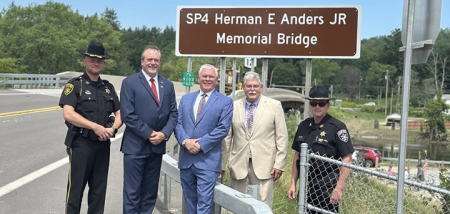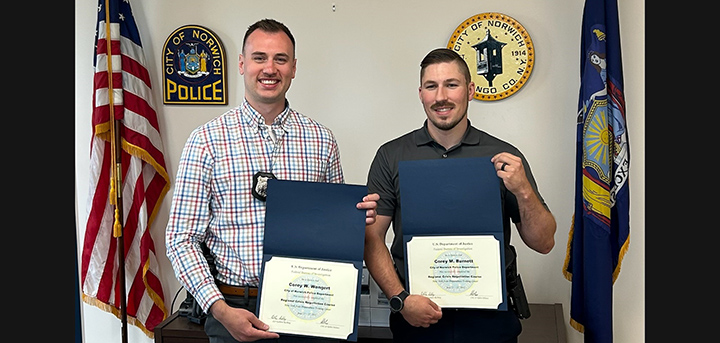Sex Offenders Part Two: Prosecution
Published:
May 22nd, 2015
By:
Brittany Grove
Editor’s Note: The following is the second part of a three-part series regarding sex offenders.
CHENANGO COUNTY – District Attorney Joseph A. McBride discussed the different factors involved in prosecuting sex offender cases.
“Sex offender cases are very different than most other cases,” said McBride. “A lot of witnesses are very young and are not able to communicate that effectively.”
“I am only allowed to present cases, by law, that I know I can prove. Despite the fact I know deep down in my heart that a person was molested, I can't go forward with the prosecution unless I have the evidence to prove it beyond a responsible doubt,” he added.
McBride said when older children are victims of sex abuse, the cases can be even more difficult. Even if he believes the victim, he said jurors are often unable to resolve the conflict between the victim and the alleged sex offender if the defendant has a good story.
“Sex cases are very, very difficult,” said McBride. “I can only prosecute. I can't fix every wrong in society.”
The longtime DA said he has gone to trial on cases he thought were “very good,” the victim testified under oath and was challenged by the entire system.
“I've been there when people have told a very credible story, the defendant still got a ‘not guilty’ verdict. The devastation that those victims have sometimes felt is as bad or worse than the underlying crime to begin with,” said McBride.
Author: Brittany Grove - More From This Author
Comments








